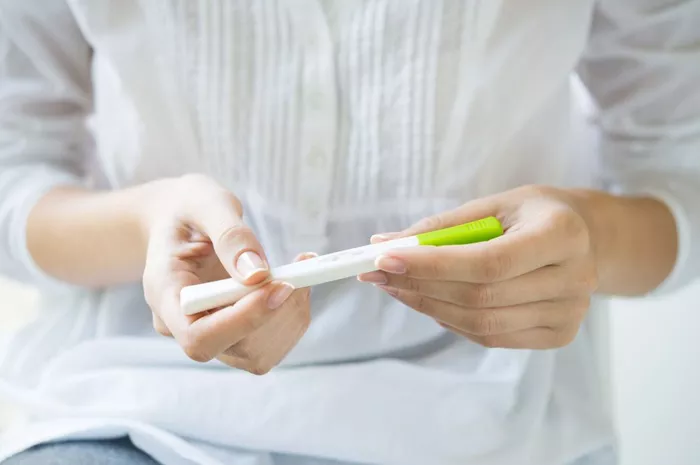Pregnancy tests play a crucial role in confirming pregnancy and guiding early maternal healthcare decisions. After implantation occurs, the body undergoes hormonal changes that can be detected through various testing methods. Understanding the timing of when to take a pregnancy test after implantation is essential for accurate results and informed decision-making.
Implantation and Its Significance
Implantation marks the early stage of pregnancy when the fertilized egg attaches to the uterine lining. This process typically occurs around 6-12 days after ovulation, although individual variations may occur. Following implantation, the body begins producing human chorionic gonadotropin (hCG), a hormone crucial for sustaining pregnancy. The presence of hCG in the body is what pregnancy tests detect to confirm pregnancy.
Timing of Pregnancy Tests After Implantation
1. Early Testing: 6-8 Days After Implantation
Some ultra-sensitive pregnancy tests claim to detect hCG levels as early as 6-8 days after implantation. However, these tests may yield false-negative results due to low hCG levels early in pregnancy. Waiting until closer to the expected menstrual period can increase test accuracy.
2. Standard Testing: 10-14 Days After Implantation
Most healthcare providers recommend waiting until 10-14 days after implantation or one day after a missed period for more reliable results. Testing too early can lead to false negatives, causing unnecessary anxiety.
3. Digital Tests and Sensitivity
Digital pregnancy tests, while convenient, may have varying sensitivity levels. Some digital tests may require higher hCG concentrations to produce a positive result compared to traditional line tests.
Factors Affecting Test Accuracy
1. Timing of Implantation
Variations in implantation timing can affect when hCG levels become detectable. Factors such as embryo quality and uterine receptivity contribute to these variations.
2. HCG Levels
hCG levels double approximately every 48-72 hours in early pregnancy. Testing too early may result in low hCG levels that are undetectable by standard tests.
3. Test Sensitivity
The sensitivity of the pregnancy test used can influence its ability to detect low levels of hCG. Ultra-sensitive tests may detect pregnancy earlier but are also more prone to false negatives.
4. Menstrual Cycle Regularity
Women with irregular menstrual cycles may find it challenging to pinpoint the best time for testing. Tracking ovulation and implantation symptoms can aid in timing tests more accurately.
Tips for Accurate Testing
1. Follow Instructions Carefully
Read and follow the instructions provided with the pregnancy test kit to ensure accurate results. Improper testing techniques can lead to false positives or negatives.
2. Use First Morning Urine
Pregnancy tests are most sensitive when using the first urine of the day, as it is more concentrated with hCG. Avoid excessive fluid intake before testing.
3. Confirming Results
If results are unclear or unexpected, consider retesting after a few days or consulting a healthcare professional for further evaluation.
Understanding Test Results
1. Positive Result
A positive pregnancy test indicates the presence of hCG in the body, confirming pregnancy. Follow up with prenatal care to monitor pregnancy progression.
2. Negative Result
A negative result may indicate either early pregnancy before hCG levels are detectable or a non-pregnant state. Repeat testing after a few days if menstruation does not occur.
3. False Results
False-positive results can occur due to certain medications or medical conditions that elevate hCG levels. False negatives are more common when testing too early or with low-sensitivity tests.
Conclusion
Knowing when to take a pregnancy test after implantation is crucial for obtaining accurate results. While early testing options exist, waiting until after a missed period or 10-14 days post-implantation enhances test reliability. Understanding factors that influence test accuracy and following best practices for testing can help individuals make informed decisions regarding pregnancy and healthcare. Consulting a healthcare provider for guidance and support is recommended for any concerns or uncertainties regarding pregnancy testing and results.


